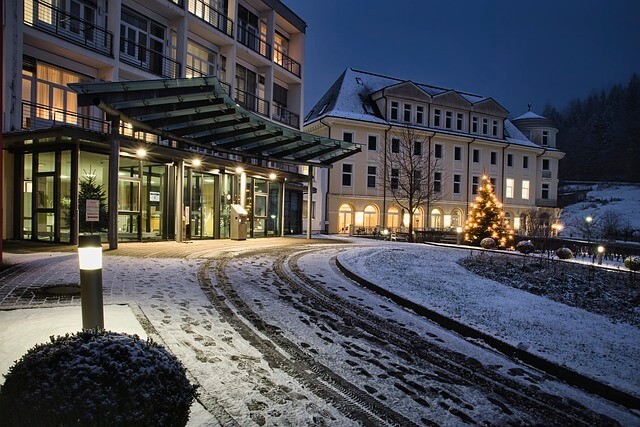The Apartment Hotel Trend That’s Quietly Redefining Sydney Stays
Travel habits change quietly. One year, everyone wants skyline pools. The next, they want kitchens. Somewhere between those shifts, apartment hotels found their place. They sit between the comfort of home and the buzz of travel, giving visitors a flexible way to experience a city without feeling like outsiders.
Sydney has seen this shift unfold block by block, especially in neighbourhoods where character matters more than postcard views. In Surry Hills, that mix of design, independence, and accessibility has created a different type of stay one that blends routine with discovery.
At the centre of this movement is Adge Apartment Hotel in Surry Hills Sydney, a property that captures what many modern travellers crave: privacy without detachment. Guests can cook, rest, and plan their day without the formal pace of traditional hotels. Yet they still have professional service when needed. The line between guest and resident blurs, which may be why so many people find it easier to settle in.
The appeal isn’t only about convenience. It’s about identity. Travellers today often want to feel like participants rather than spectators. They look for places that reflect local rhythms markets, galleries, side streets and an apartment-style setup lets them move within those patterns naturally. Staying here doesn’t feel like pausing life; it feels like living it somewhere new.
The design of such spaces supports that mindset. Many apartment hotels in Sydney lean toward open layouts and natural materials, avoiding the overly polished look of big-chain interiors. Rooms might include full-length windows or small balconies that face leafy streets. Those details turn quick visits into temporary lifestyles. Guests start cooking their own meals, greeting neighbours in the hall, and treating a few nights’ stay as a brief version of home.
Adge Apartment Hotel in Surry Hills Sydney shows how design can influence emotion. Each apartment has the proportions of everyday life but the finishing of a curated experience. There’s enough room to work, cook, and unwind, but never so much that it feels distant or sterile. The rhythm of the space matches the rhythm of the city outside creative, direct, and quietly confident.

Image Source: Pixabay
The guests themselves reflect this trend. Some stay for business, drawn by the convenience of space and autonomy. Others arrive for extended holidays, preferring the feeling of returning “home” each evening rather than queuing at a check-in desk. A few use it as a base while exploring new work arrangements or digital nomad lifestyles. The hotel format adapts to them rather than forcing them to adapt to it.
Neighbourhood plays a strong role, too. Surry Hills offers what most parts of Sydney cannot: intimacy within a capital city. Cafés spill onto the pavement, vintage shops share corners with bakeries, and every lane hides something worth noticing. The apartment hotel becomes part of that fabric rather than sitting apart from it.
Some critics still question whether this format can truly replace full-service hotels. But the answer may not be about replacement at all. It’s about evolution. As people’s needs shift toward authenticity and choice, these properties meet them halfway. They keep the essential comforts clean spaces, reliable amenities but replace scripted hospitality with something that feels closer to friendship.
Guests who check out of Adge Apartment Hotel in Surry Hills Sydney often describe an unexpected sense of belonging. They came looking for flexibility and found community instead. That’s what makes this movement more than a passing preference. It’s a quiet reshaping of how people travel, where the boundaries between visitor and local keep fading until the two seem almost the same.
Comments